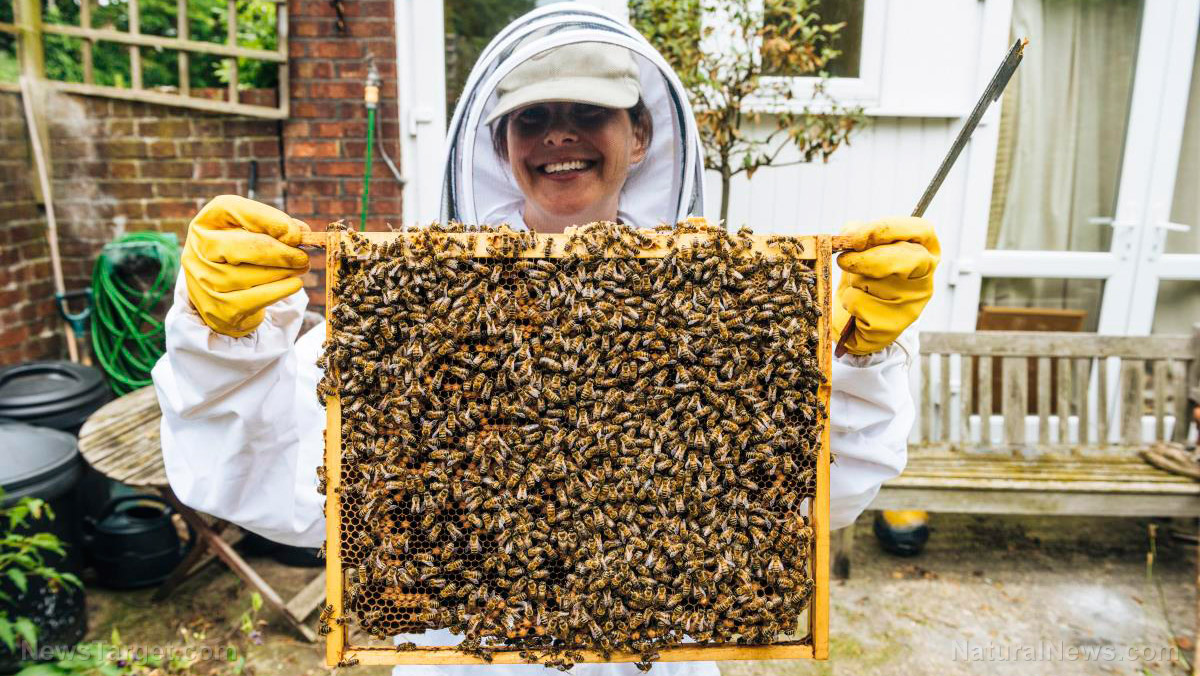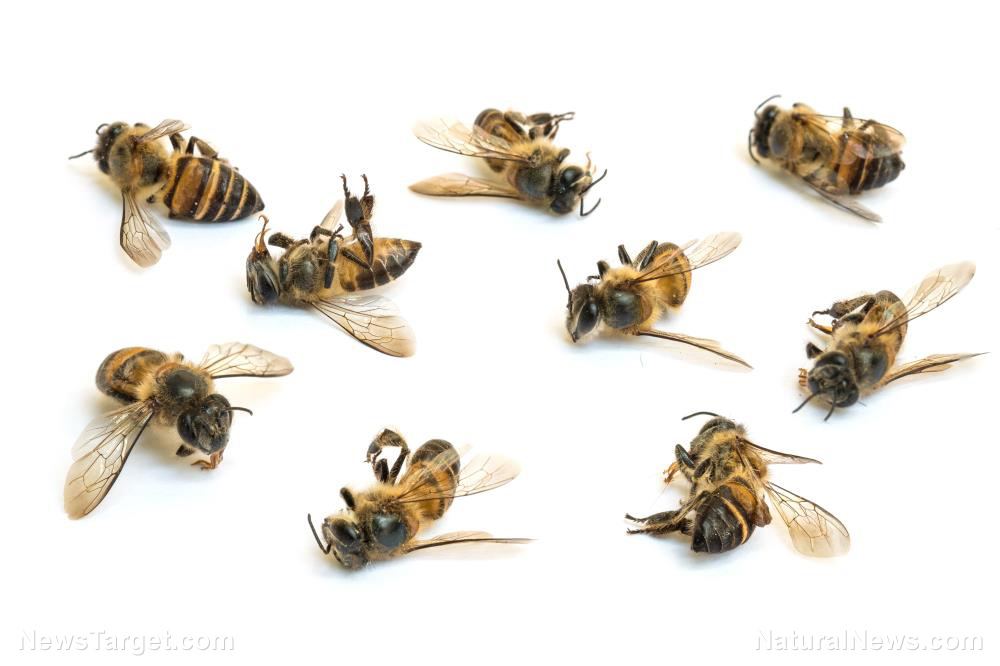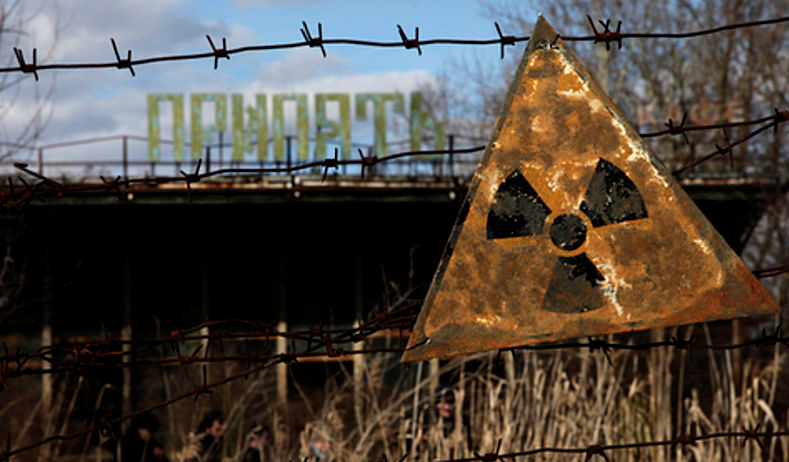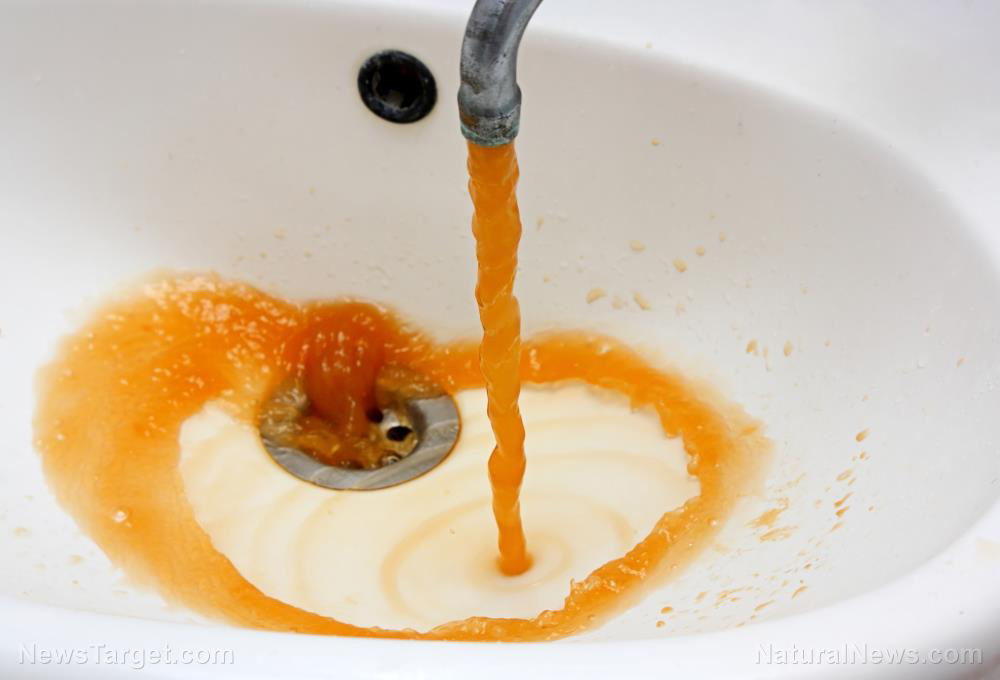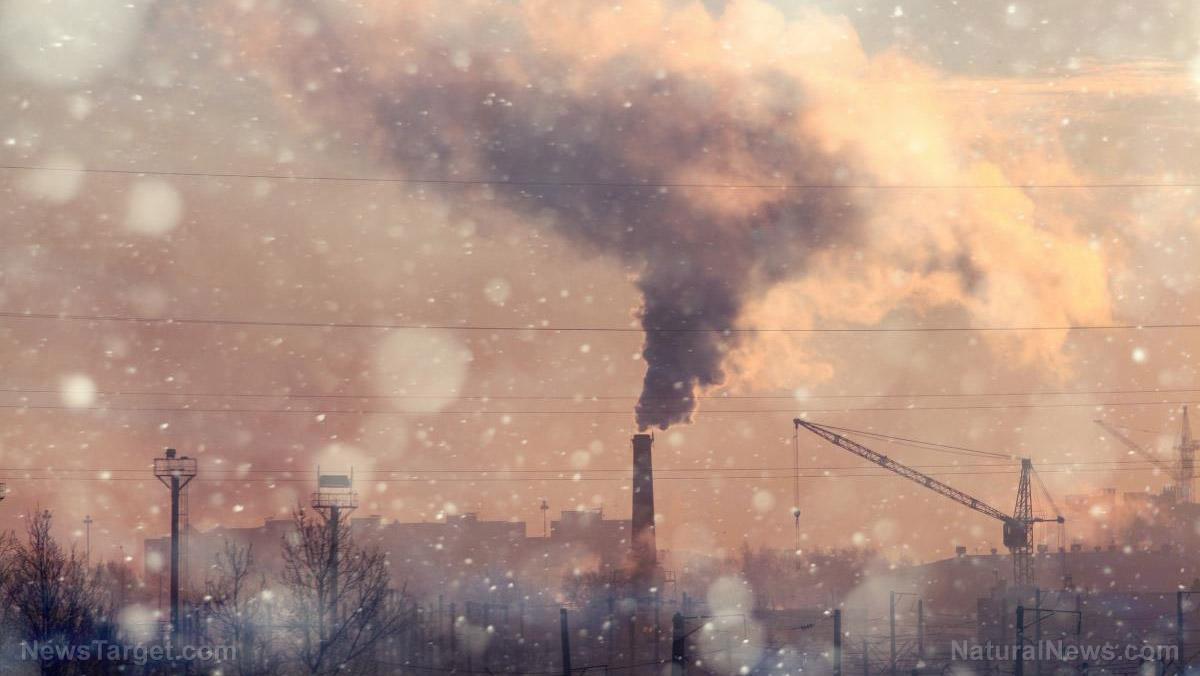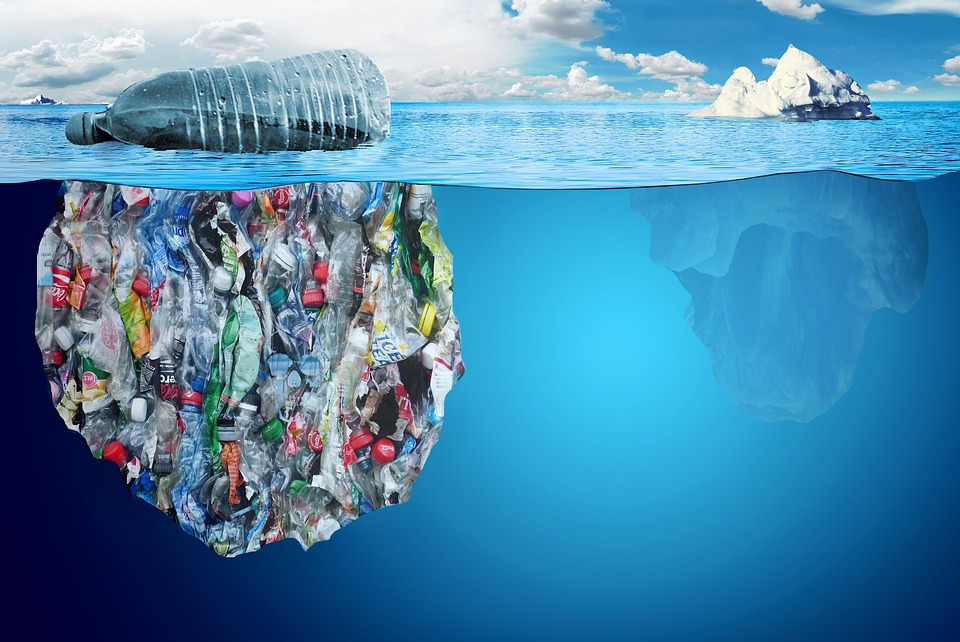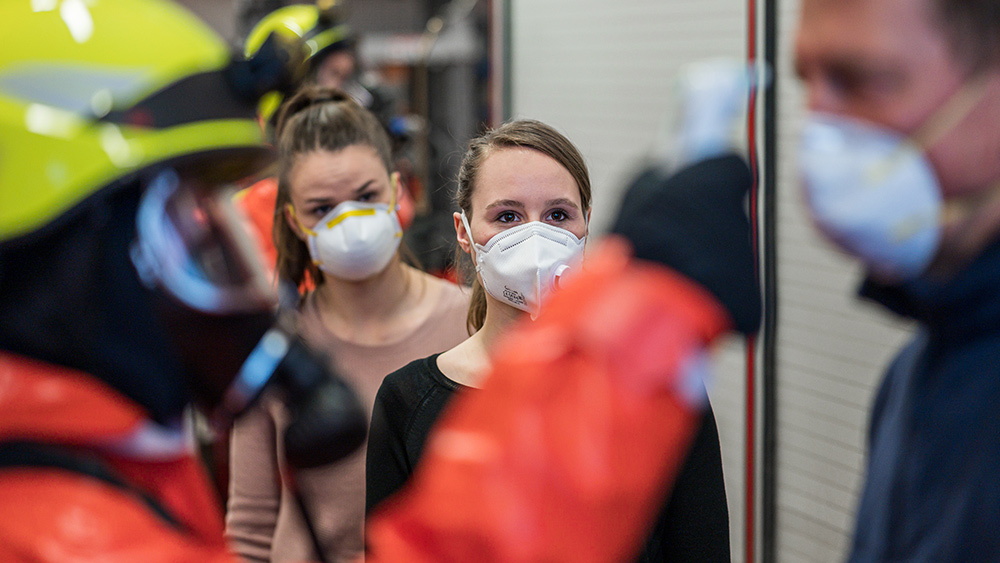Spanish town officials apologize after spraying 1.2-mile beach with bleach
05/05/2020 / By Isabelle Z.
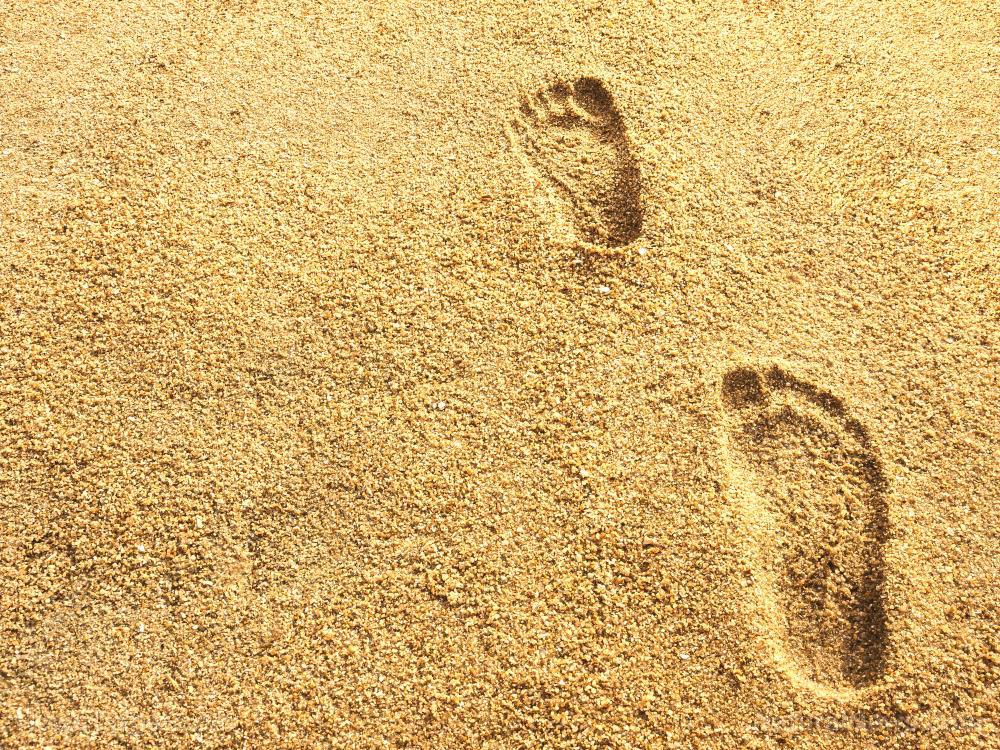
Many of us are willing to overlook our concerns about harsh cleaning chemicals these days if it means protection from coronavirus, but one Spanish town has gone way too far and sprayed an entire beach with a bleach solution.
That’s right: Authorities in Zahara de los Atunes, which is situated near Cadiz, sprayed more than 1.2 miles of beach with a bleach solution using tractors and small trucks with fumigation misters the day before the country allowed children to venture outside for the first time in more than a month.
Spain has been hit hard by coronavirus, registering more than 25,000 deaths so far. The country has been under a strict lockdown since mid-March, and it’s been a particularly trying experience for the many people who live in apartments and have no yard to speak of. Until recently, children weren’t even allowed to go for a walk around their block, so Spaniards eagerly awaited the recent progression into a new phase that allows kids outside for short walks with their parents.
In preparation for this new freedom, the town somehow got the bright idea of dousing the beach with bleach. They say they were hoping to protect children who might talk walks near the sea, but the move was met with immediate outrage on many fronts.
Bleach “killed everything on the ground” at the beach
Authorities there have now apologized for the risky move, which environmentalists say has caused the local ecosystem “brutal damage.” One environmentalist in the area who visited the beach in person to assess the damage, Maria Dolores Iglesias, said the bleach had “killed everything on the ground. Nothing is seen, not even insects.”
She added that she had seen at least one bird’s nest with eggs destroyed by the tractors that sprayed the chemical. The beach and dunes are protected places for migratory birds to breed and nest, such as the Kentish plover and swift, and it was hoped that the area would see its nest numbers double this year after the beaches sat for six weeks undisturbed. Instead, there’s an environmental disaster there now that has left everything on the ground dead.
Iglesias said the dune spaces have been devastated, adding that “The virus lives in people, not on the beach. It is crazy.” The sand is cleaned by the rain and tides, and no one had even been on the beach for several weeks because of the strict lockdown.
The Spanish chapter of Greenpeace has said that in addition to disrupting the bird mating season, it will also hurt the ecosystem for the invertebrates in the area that support the local fishing ecosystem when the bleach leeches into the sea.
The Andalusian regional government has said the initiative did not receive the necessary sanitary and environmental authorizations. They have already spoken out against the act and said they will investigate.
Local official Agustin Conejo acknowledged it was a mistake, but said it was done with the hopes of protecting children. However, some local ecologists question the true reason behind the spraying given the great distance between the areas that were sprayed and the parts people can access. They theorize that a local hotelier was behind the spraying in an attempt to “guarantee” the area is free of the virus ahead of the summer tourist season.
Spain was the second-biggest international tourist destination in the world in 2018, racking up 83 million visitors. The hit to the country’s tourism industry from the virus is having a big effect on the overall economy.
While the idea of making areas safe for children during a pandemic is certainly a good one, it’s hard to believe that anyone thought spraying a beach that no one had been on for several weeks with a bleach solution was somehow a good idea.
Sources for this article include:
Tagged Under:


